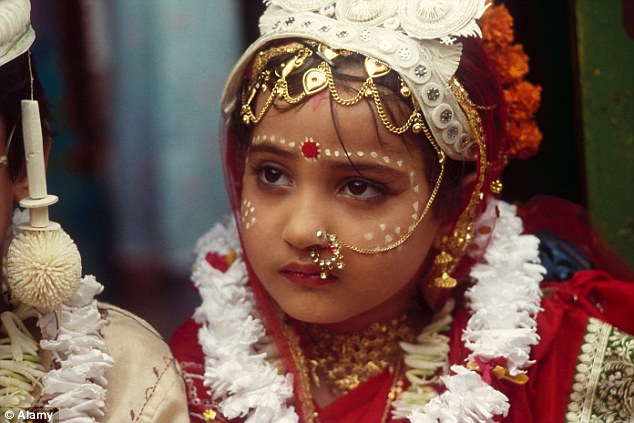In a landmark ruling on Wednesday, the Supreme Court of India amended the country’s rape law and declared that sex with an underage wife illegal under India’s Penal Code (IPC). After hearing a petition by NGO Independent Thought, the Supreme Court ruled on Wednesday that the age of consent was 18. The wife must file a complaint against her husband within a year of the committed offence. “The exception in rape law under the IPC is contrary to other statutes, violates bodily integrity of girl child,” the court said.


The court has also clarified that the verdict will come into effect for future instances and have no bearing on marriages already solemnised. While the legal age for marriage in India is 18, child marriages are extremely common in rural and tribal areas. especially in the rural parts of the country. The Protection of Children from Sexual Offences Act (POCSO) considers sex with a person under the age of 18 as rape. However, the law had an exception clause that said a man was not guilty of rape if he had consensual sex with a wife who was above the age of 15.
Indian law recognizes that child marriage is a social evil and has set the age limit as 18 for girls. However, India’s 2011 census showed that whilst child marriage had declined marginally from a decade earlier, more than five million girls were still married before the legal age. The factors resulting in this high number are many – poverty, age old traditions, fear of paying higher dowry for older girls, and many others. Some of the other countries with high rates of child marriage are Niger, Central African Republic, Chad, Mali, Bangladesh, Burkina Faso, Guinea and South Sudan.


At Centre for Social Research, we heartily welcome this decision of the Supreme Court, and feel that this move will go a long way in contributing to the gender movement. By giving young girls the security of legal redressal mechanisms, a major obstacle now stands in the continuation of the age old social evil of child marriage. While we do feel that the practical problems in the implementation of this law will be numerous, and its effectiveness remains to be seen, it is a major step in the right direction, towards a gender equal society.




